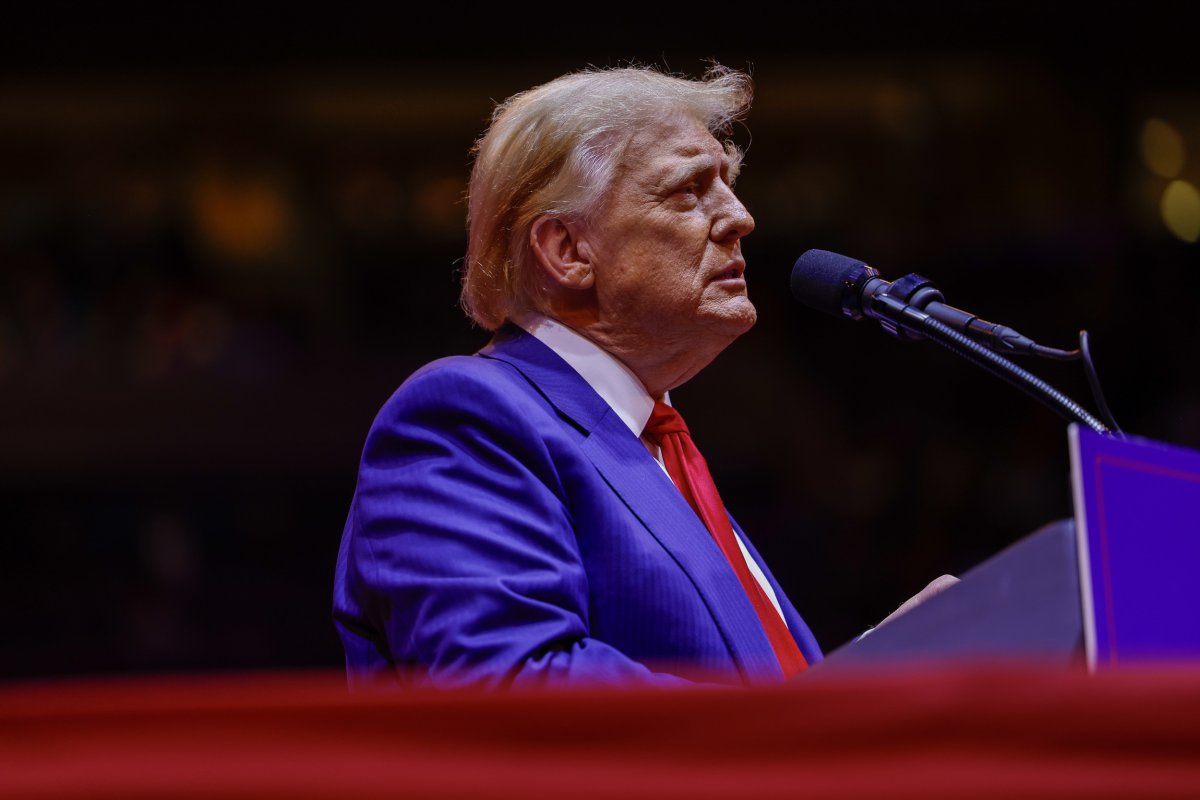Donald Trump has declared that European leaders will not be included in any Ukraine peace talks, praising his vice-president JD Vance’s “brilliant” criticism of Western allies. The US president and his team have intensified pressure on Europe, prompting panicked European leaders to call an emergency summit. Meanwhile, Sir Keir Starmer is preparing to visit Washington in an effort to mend strained relations.
US Special Presidential Envoy for Ukraine and Russia, Keith Kellogg, 80, has urged Europe to engage in discussions about the Ukraine-Russia conflict but emphasized that they would not have the final say in any resolution. Speaking at the Munich Security Conference, Kellogg stated: “That is not going to happen. And to my European friends, I would say – get into the debate, not by complaining that you might, yes or no, be at the table, but by coming up with concrete proposals, ideas, ramp up [defence] spending.”
French foreign minister Jean-Noel Barrot announced that a meeting in Paris would take place on Monday, with representatives from France, Britain, Germany, Poland, Italy, Spain, and Denmark, the latter representing Scandinavian nations.
The developments follow US Vice-President JD Vance’s sharp critique of European nations, including the UK, at the Munich Security Conference. Vance criticized European immigration policies and restrictions on free speech, stating that Europe is facing a “crisis” of its “own making.”
Trump praised Vance’s speech, calling it “very brilliant” and defending his vice-president’s remarks on freedom of speech in Europe. “I thought he made a very good speech actually, a very brilliant speech. I thought this speech was very well received actually,” Trump said.
Sir Keir Starmer is set to attend the emergency summit in Paris on Monday, aiming to act as a bridge between Europe and the US amid strained transatlantic relations. The UK Prime Minister, who plans to visit Washington later in February, emphasized the need for Europe to take on a greater role in NATO and to work with the US to secure Ukraine’s future.
Ukraine’s President Volodymyr Zelensky, speaking at the Munich summit, suggested that a new European army might be necessary if the US cannot be relied upon to guarantee the continent’s security. He also expressed concerns about being excluded from peace negotiations, stating, “Ukraine will never accept deals made behind our backs without our involvement.”
Keith Kellogg reiterated that European leaders would not have a final say in any resolution to the Ukraine-Russia conflict, despite their potential role in securing a peace deal. He emphasized that negotiations would primarily involve Russia and Ukraine, with the US acting as a mediator.
The situation has sparked widespread concern among European leaders, with French President Emmanuel Macron convening the emergency summit to address the growing tensions. The UK’s Foreign Secretary, David Lammy, warned that Russian President Vladimir Putin’s KGB background makes him untrustworthy in negotiations, stating, “He’s a man of deception, and in negotiating with him, we have to understand that and relate to that.”
As the crisis deepens, the international community remains divided over the path to peace in Ukraine, with European leaders scrambling to respond to Trump’s assertive stance and the potential sidelining of their role in the negotiations.
 Telegram is where we really talk. Don't miss out!
Telegram is where we really talk. Don't miss out!







